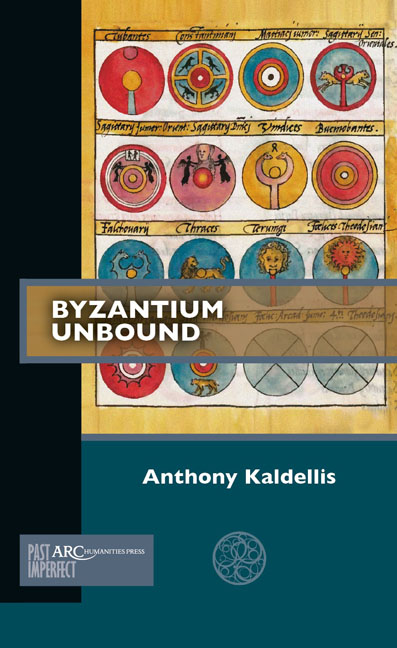Chapter 3 - Byzantium for Classicists
Published online by Cambridge University Press: 20 November 2020
Summary
When the library of University College London was thinking of cancelling its subscription to Byzantinische Zeitschrift on the grounds that it would not be frequently consulted, Arnaldo Momigliano replied that “the problem would not be what to do with Byzantinische Zeitschrift, but what to do with a professor of ancient history who remained ignorant of such a periodical.”
Peter BrownWhy should classicists care about Byzantium? The problem is not that they should care more about it than they do. It is far worse. The problem is that they already are Byzantinists but don't know it, which makes them bad Byzantinists. They are like scholars working in an archive without knowing why that archive was created, or by whom, or when, or why some documents were included in it and some not. Brilliant scholarship can result even with these limitations, but the latter also create huge blind spots, especially about the overall context of this scholarly activity and its cultural genealogy.
By classicists I mean scholars who study ancient thought and literature and use texts to reconstruct ancient history and society. My focus is primarily on the Greek side of the classical tradition. Byzantium did play a huge role in shaping one part of the Latin tradition—Roman law—but apart from that its contribution to Latin studies was small. It did, by contrast, play a much larger role in shaping our knowledge of ancient Roman history. Whereas modern historians of classical Greece rarely have to use Latin texts, historians of any period of Roman history rely heavily on Greek texts, and sometimes primarily on them. This is because the Byzantines, as Romans, were naturally interested in Roman history but had to access all of it through Greek texts. Virtually all Greek texts, whether they were about ancient Rome or not, had to pass through Byzantium in order to reach us. Byzantium was thus more than just a bottleneck in their transmission: it actively determined what made it through and what not, and did so for its own reasons, not to make our study of antiquity easier.
- Type
- Chapter
- Information
- Byzantium Unbound , pp. 55 - 74Publisher: Amsterdam University PressPrint publication year: 2019

